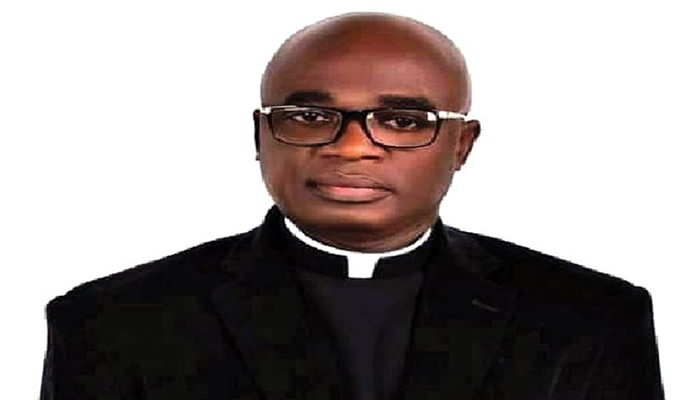On Wednesday, Governor Hyacinth Alia of Benue State made headlines by suspending the state’s Attorney General and Commissioner for Justice and Public Order, Fidelis Mynin. This decision stemmed from Mynin’s involvement in a legal suit that questions the legitimacy of the Economic and Financial Crimes Commission (EFCC), a critical agency in Nigeria focused on combating corruption and financial crimes. The governor took issue with the fact that Mynin engaged in this suit without securing prior approval or informing him, leading to significant discord within the state’s executive branch.
The controversial lawsuit was initiated by 19 states of Nigeria, seeking clarification on the legality of the EFCC’s actions. However, during a recent court session, three states—Adamawa, Anambra, and Ebonyi—made the decision to withdraw from the case. This withdrawal indicates a shift in the coalition’s stance and raises questions about the unity of purpose among the states involved. From Anambra, Attorney General Prof. Sylvia Ifemeje formally announced her state’s withdrawal. Likewise, Ikenna Nwidagu, the Attorney General for Ebonyi, confirmed his state’s intention to withdraw and requested the court to strike its name from the list of plaintiffs.
Despite the withdrawal of some states, Osun State expressed a desire to join the ongoing litigation, signaling a developing complex legal scenario among the various state governments. As these shifts unfold, the dynamics of the suit could influence or fracture the collective position of the participating states. The apex court, having reserved judgment in the matter, leaves the outcome and its implications on the EFCC and its operations uncertain.
Governor Alia’s reaction to the developments in the court, especially the participation of his state in the suit against the EFCC, was one of surprise and disapproval. His swift action to suspend the attorney general indicates his intention to assert authority and maintain cohesive governance within his administration. The implications of this suspension extend beyond choice of legal battles—they also reflect on the overall political climate in Benue State, where accountability and transparency in governance are key issues.
The suspension was confirmed by Kula Tersoo, the Chief Press Secretary to the governor. He reiterated that Governor Alia took this step to maintain proper communication and decision-making protocols within his administration, particularly regarding significant legal matters. This incident raises broader questions regarding the collaborative efforts of state legal offices and their alignment with the policies of their governors.
As the world watches the developments in Benue State, this situation serves as a reminder of the delicate balance of power within government institutions and highlights the importance of proper channels of communication in governance. The outcome of the ongoing suit and its potential effects on the EFCC will likely shape the future relationship between the states involved as well as their approach to tackling corruption at a state and federal level.














